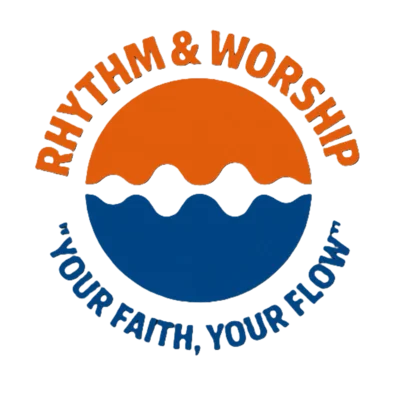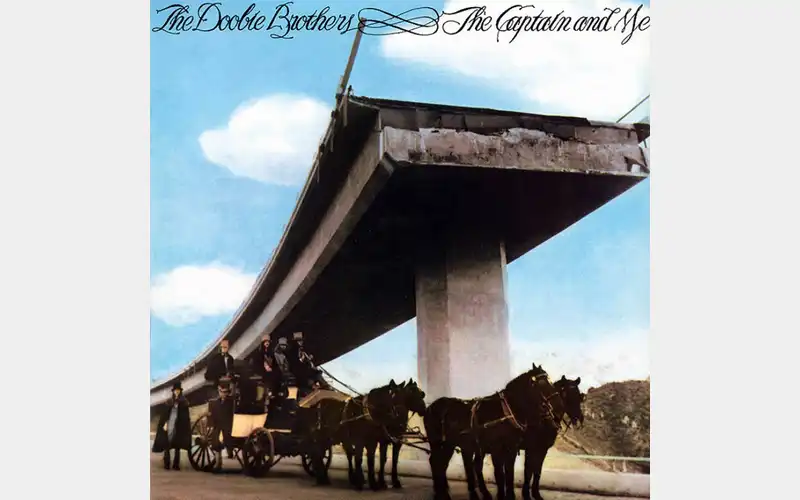In 1974, the Doobie Brothers released “Black Water,” a song that unexpectedly became a number-one hit despite being originally issued as a B-side to the single “Another Park, Another Sunday.” The track was composed by Patrick Simmons and stood out with its laid-back acoustic guitar and imagery of the Mississippi River. Simmons recounts that the song originated from a guitar riff he played while living in the Santa Cruz mountains. Producer Ted Templeman encouraged him to develop it into a full song, recognizing its catchy potential.
Simmons found inspiration while in New Orleans, jotting down lyrics during a sunny, yet rainy day. The song’s imagery included references to the Mississippi River, influenced by his readings of “Huckleberry Finn” and “Tom Sawyer,” and his experiences in New Orleans’ French Quarter. Initially, Simmons envisioned adding Dixieland elements to the track, but Templeman suggested a viola, which ultimately complemented the song’s a cappella section, giving it a distinctive sound reminiscent of the Pointer Sisters.
Despite initial doubts about its commercial success, “Black Water” resonated with audiences and rejuvenated the band’s album “What Were Once Vices Are Now Habits.” Its success marked a pivotal moment for the Doobie Brothers, affirming their place in the music industry during a challenging period.






















